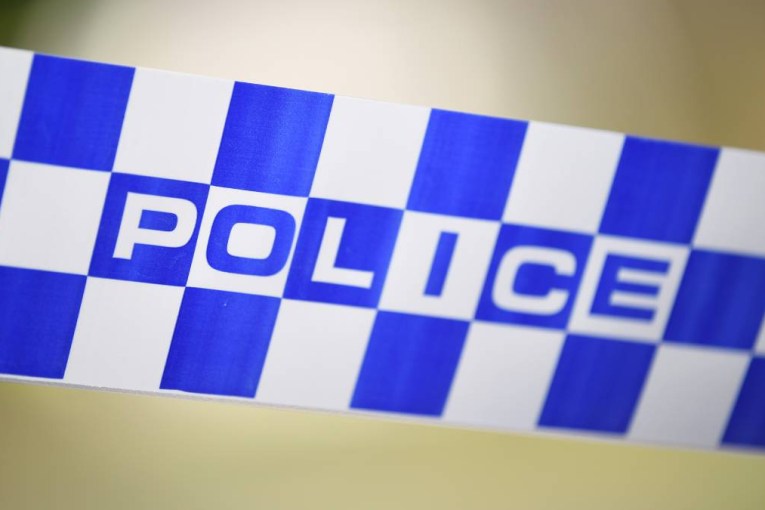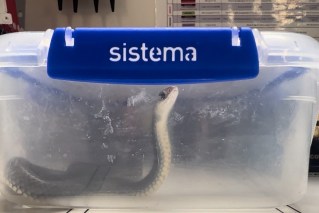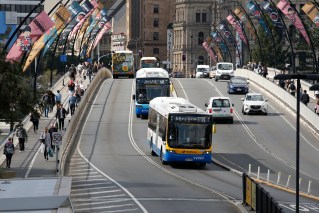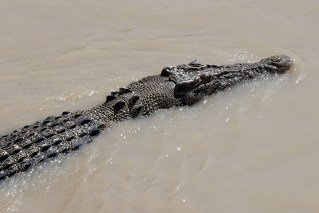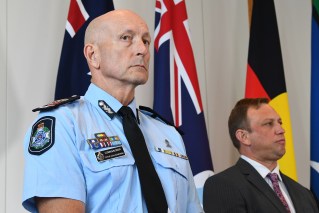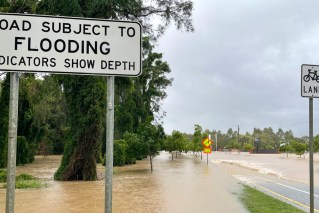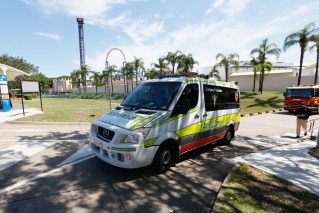Queensland beach battered with 7 tonnes of rubbish in a year
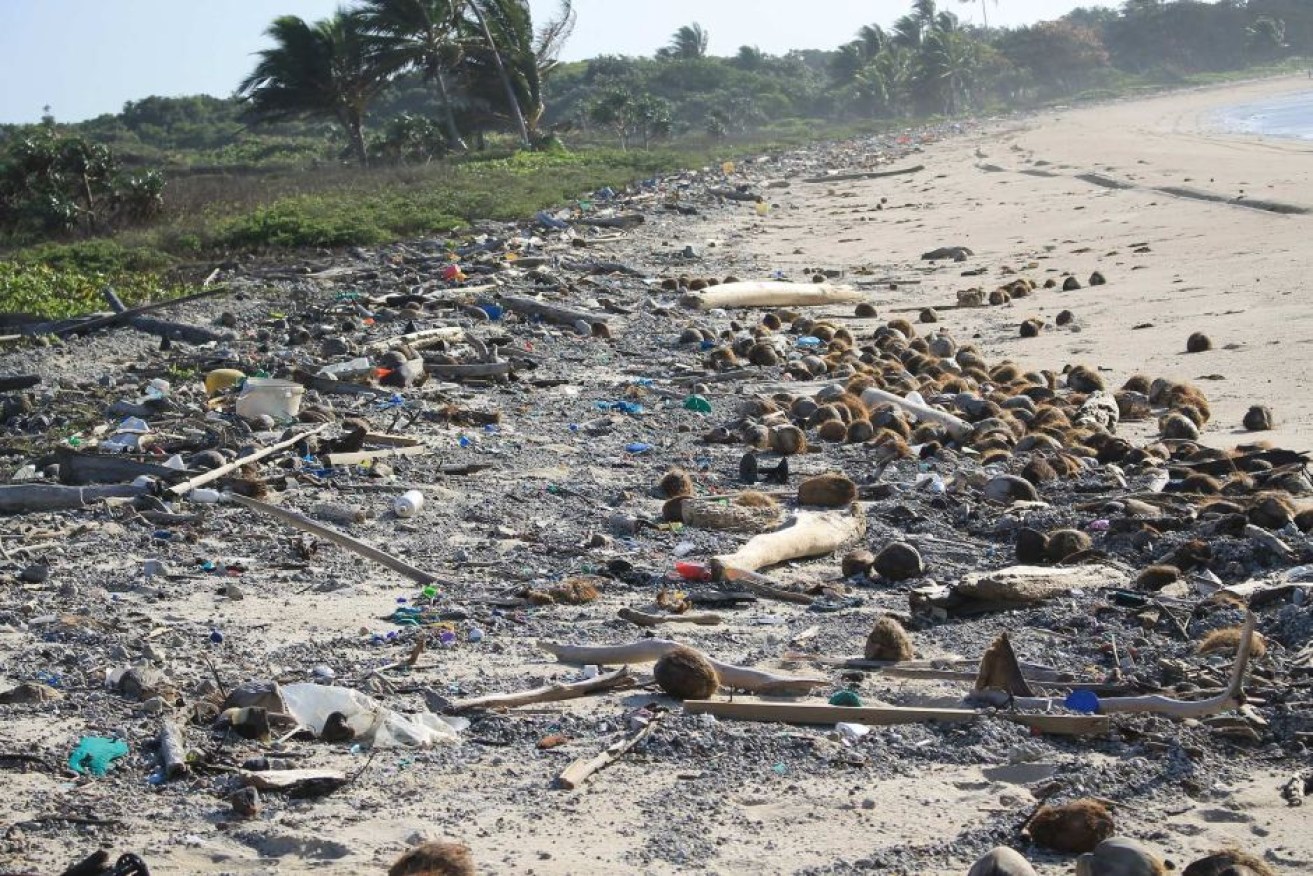
Volunteers arrived to find Chilli Beach a wreck. Photo: ABC/Matthew Townsend Photo: ABC/Matthew Townsend
Volunteers expecting to find only 2 tonnes of rubbish on a remote Queensland beach were “blown away” when they discovered more than 7 tonnes, including thousands of cigarette lighters, bleach bottles and toothbrushes scattered across 7 kilometres of sands.
A “Trash Tribe” organised by the Clean Coast Collective, bringing together volunteers from Tangaroa Blue and Conservation Volunteers Australia, cleared nearly 7 kilometres of Chilli Beach last month.
Among the items picked up were 1000 cigarette lighters, 2280 toothbrushes, 3200 bleach bottles, 3320 plastic drink bottles and 5500 thongs.
More than 60 per cent of the debris removed were plastic fragments.
The recent trip to Cape York was the second expedition to the area since 2015.
Two years ago the three organisations removed more than 3 tonnes of rubbish from the beach.

It took 40 people more than five days to help clear the beach of thousands of bits of rubbish. Photo: ABC/Jemma Scott
Clean Coast Collective co-founder Nat Wood said they had been expecting even less this time round.
“Our partners at Tangaroa Blue have been going to Chilli Beach every year for six years. The first time there was nearly six tonnes of rubbish and it has been gradually going down every year,” Ms Wood said.
“So the prediction was we were getting on top of the problem and would get 2 tonnes this year so we were a bit blown away when we got 7 tonnes.”
Ms Wood said several contributing factors made Chilli Beach a marine debris hotspot.

Part of a drum washed up on Chilli Beach in Cape York, Queensland, in August 2017. Photo: ABC/Matthew Townsend
“It has strong onshore winds and also the currents come down from south-east Asia … there has also been a couple of cyclones that could’ve been potentially shifting rubbish lying on other beaches or other coastlines and dumping on Chilli Beach,” she said.
“The main contributing factor is it’s a remote beach and you can only get there in the dry season … things are washing ashore gradually but they’re sitting there for 12 months and accumulating.
“Bondi Beach would probably look the same if we left it for 12 months.”
Ms Wood said debris removed from the beach was first recorded for the Australian Marine Debris Database before being sorted.
They then recycled what they could, but the more interesting items like weathered thongs, cigarette lighters and toothbrushes go to local artists.
Anything else gets sent to landfill.
Ms Wood said they hoped to make the trip to Chilli Beach every year, and possibly expand it to other beaches in Cape York.
Brisbane waste awareness project born from Trash Tribe
Ms Wood said the idea of the Trash Tribe was to share the experience with people from across the country who can take what they have seen home to work on projects to help improve the environment.
“We found when we went up the first time it changes your perspective on ocean pollution. If we could take everyone in Australia up there it’d be fantastic, but we can’t,” she said.
“So having each member run a project when they return home, we get to disseminate that experience.”
Brisbane’s Mathew Townsend, who attended this year’s Trash Tribe, is now in the process of organising a waste awareness project back home.
Mr Townsend, who is also co-coordinator of Brisbane Intrepid Landcare, said the group was now investigating what it could do.
“We have this project on the agenda and so far the information … is focusing on cleaning up our waterways, creeks, streets and parks across Brisbane region in addition to adventure clean up events on Stradbroke and Moreton islands,” Mr Townsend said.
“This project focuses involving young people between 18 and 35.”
– ABC
